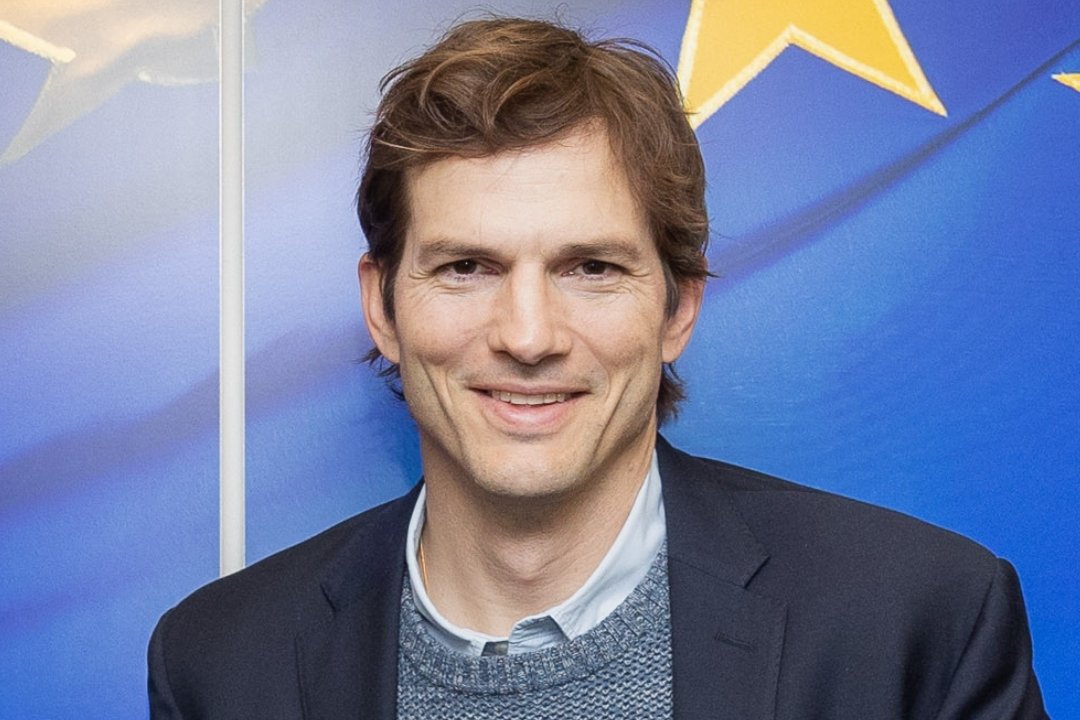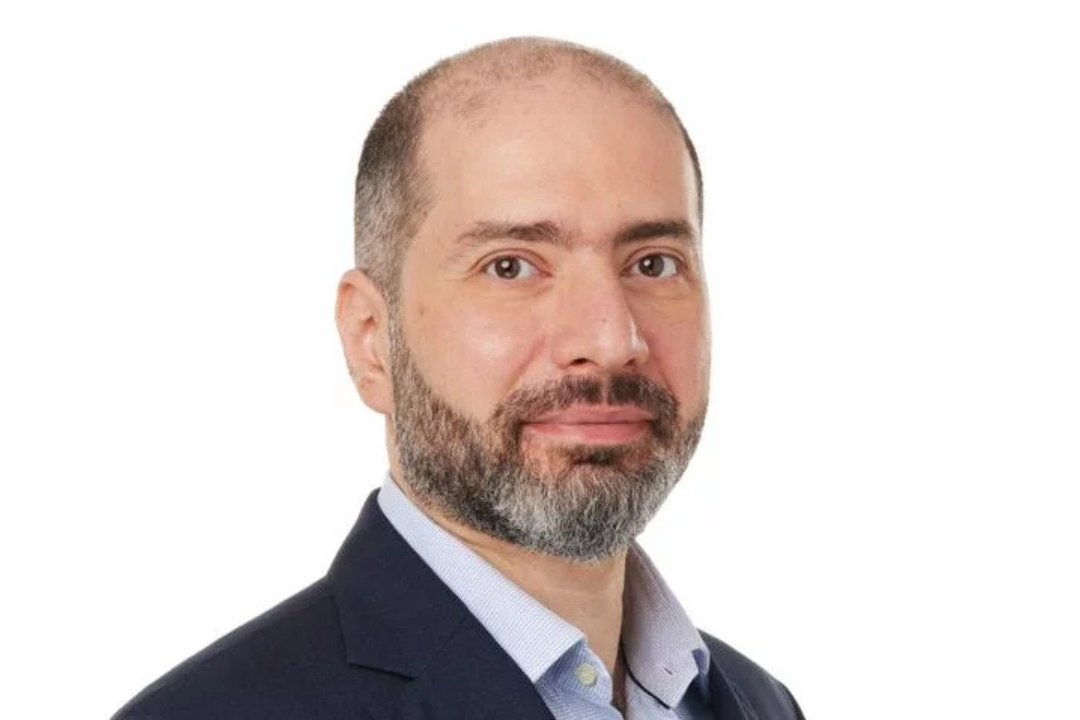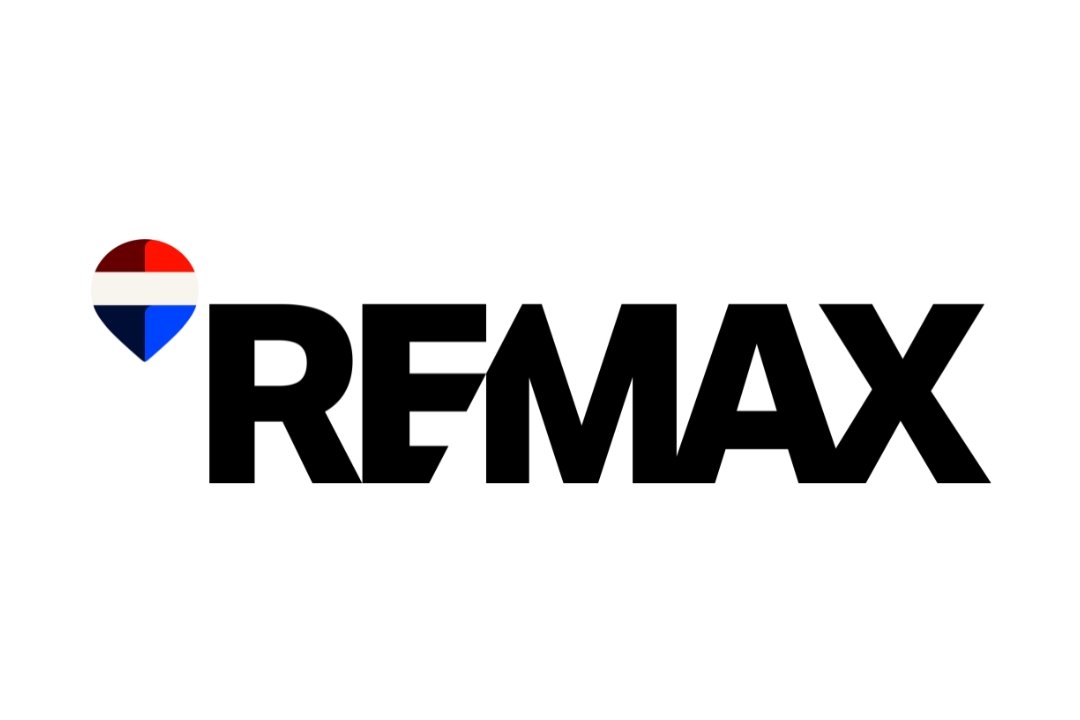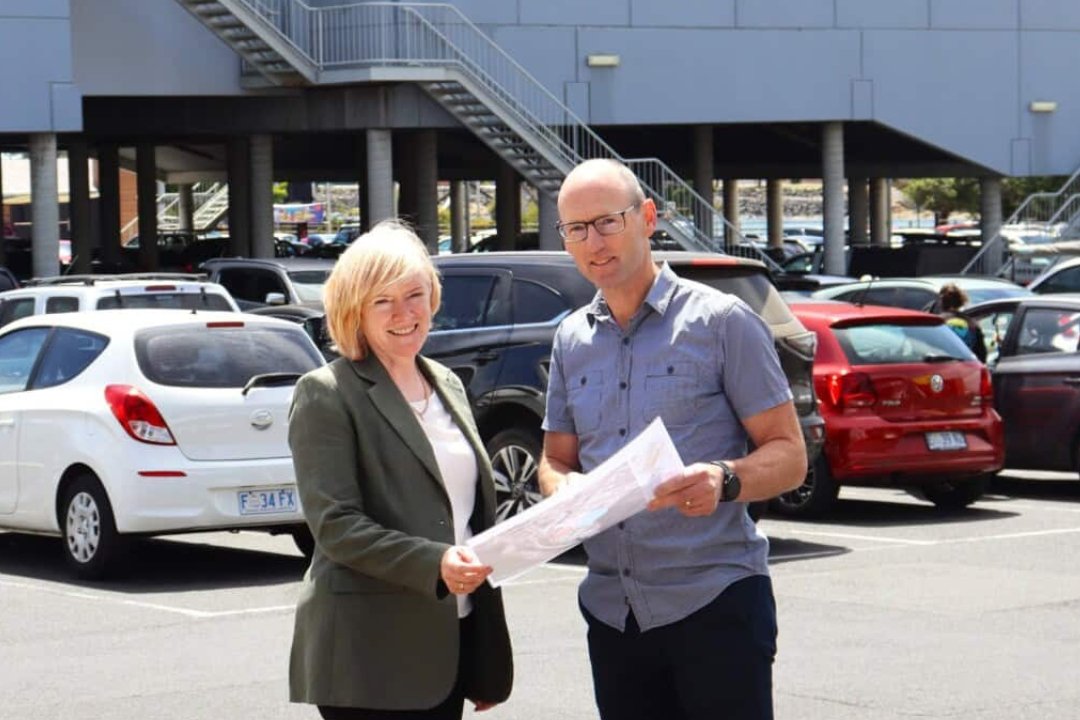Soho House, the luxury members’ club operator, is set to go private in a $2.7 billion deal led by New York-based MCR Hotels, marking the end of its short and turbulent run as a publicly traded company.
Under the terms of the agreement, shareholders will receive $9 per share, representing a 17.8% premium to last Friday’s closing price. Following the announcement, shares surged by more than 15%, trading around $8.80 in the early afternoon.
As part of the transaction, actor and technology investor Ashton Kutcher will join Soho’s board, while hospitality veteran Neil Thomson has been appointed Chief Financial Officer, replacing Thomas Allen with immediate effect.
Commenting on the challenges ahead, Susannah Streeter, head of money and markets at Hargreaves Lansdown, said: “However, Soho House will need a bit more than celebrity stardust to cement its long-term future. Its rapid expansion in recent years has sparked concerns that its ‘exclusive’ label was wearing thin”, adding that weaker consumer spending in hospitality had further pressured the group, which relies heavily on in-house purchases of food, drink, and entertainment.
Founded in 1995 by restaurateur Nick Jones above Café Boheme on London’s Greek Street, Soho House has since grown into a global brand with sites across Europe, North America and Asia. But despite increasing membership and revenue, the company struggled to achieve profitability after its 2021 New York listing, prompting it to explore a return to private ownership less than three years later.
The move has gained the backing of hedge fund manager Daniel Loeb, whose firm Third Point holds nearly a 10% stake.
Once finalised, MCR Hotels will acquire Soho’s publicly traded shares, while majority ownership will remain with founder Nick Jones, executive chairman Ron Burkle, and Burkle’s investment firm Yucaipa, which together hold about three-quarters of the business.
The deal is also supported by financing from Apollo Global Management, structured through hybrid capital, a blend of debt and equity. Apollo CEO Marc Rowan recently described hybrid financing as the firm’s fastest-growing segment. Apollo partner Reed Rayman added: “Hybrid allows us to participate in situations where Apollo as a firm would never have participated.”
A person familiar with the matter said Apollo’s contribution amounts to around $850 million in debt and equity.









![[IRHM] logo](https://irhmagazine.com/wp-content/uploads/2025/08/IRHM-AWARDS-2025-1024x683.jpg)






